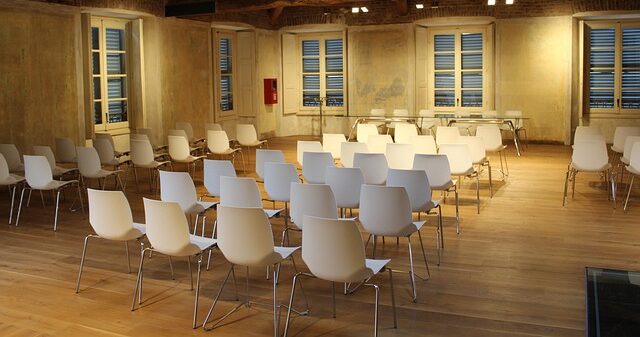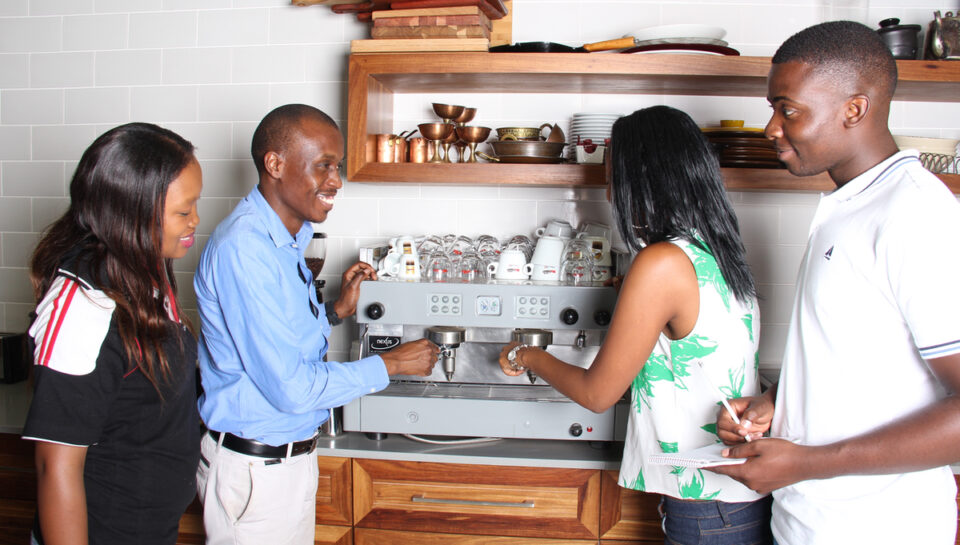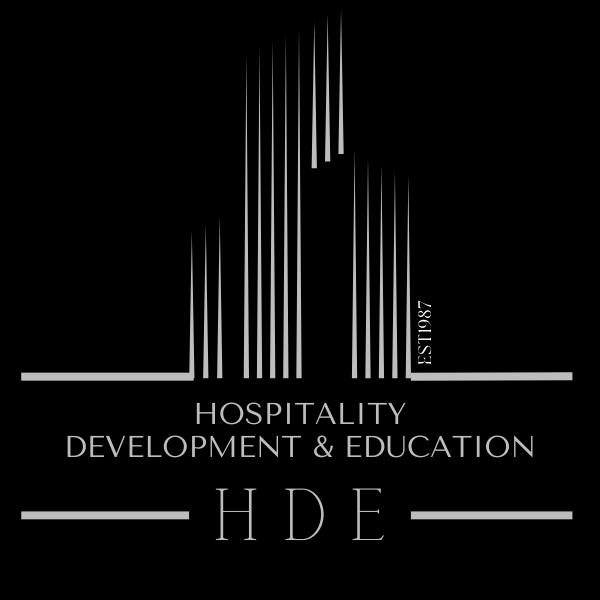When you ask any South African hospitality business if they provide training for their employees, they often share their extensive onboarding and classroom programs, claiming they prepare staff for elite service levels. However, countless experiences—from attempting to make a hotel booking to organizing a conference—suggest otherwise. The reality is, despite these training programs, customer service isn’t improving, and this issue isn’t just a post-COVID challenge.
Over the years, I’ve spoken with hotel, restaurant, and contact center professionals across South Africa, and I’ve asked a simple question: “Is service in South Africa getting better or worse?” An overwhelming 99.5% say it’s getting worse. When asked why, they often point to a couple of major reasons. While there are numerous factors at play, here are two critical problems, and more importantly, how to fix them.

Problem #1: Training Fails When It Doesn’t Reach the Heart of the Employee
Too many trainers and leaders focus on feeding information to employees’ minds, yet they neglect the vital step of reaching their hearts. Employees often wonder:
- “Why should I change?”
- “How will this help me in my role?”
- “Do I believe in this approach?”
- “Can I use this skill in the future?”
- “Will this make a positive impact?”
Before the pandemic, around 60% of trainees had clear career goals. Post-COVID, that number has dropped to just 20%. While it’s more challenging to connect training to specific career ambitions in today’s climate, it’s still possible. The key is demonstrating to employees how the skills they’re learning can help them in whatever path they choose, whether in hospitality or beyond.
Problem #2: Training Fails Without Consistent Reinforcement
Most hospitality training programs fail because they lack reinforcement—without follow-up, accountability, ongoing coaching, and measurable results. For example, turnover in South Africa’s hospitality industry is notoriously high, with front desk roles seeing turnover rates upwards of 144%. Additionally, managers often juggle too many tasks, which means they spend more time managing than leading their teams.
At HDE, we prioritize reinforcement to ensure the success of our hotel and restaurant clients. Here’s how effective reinforcement can dramatically improve training outcomes:
- Mystery Shop Calls: These calls are recorded, scored on taught skills, and sent to team leaders for role-playing and additional training.
- Incentives: Tying mystery shop scores to monthly rewards motivates employees to actively apply their training.
- One-on-One Coaching: Providing personalized coaching can better support associates who need individualized attention.
- Performance Comparisons: Benchmarking mystery shop scores across various hotels fosters healthy competition and motivation.
- Tracking Conversions: Conversion data can help identify opportunities for rate increases, highlight top performers, and drive business growth.
- Visual Metrics: Displaying performance stats on employee whiteboards keeps service goals in the forefront.
- Online Reviews Monitoring: Keeping track of guest reviews to spot service performance trends.
- Employee Surveys: These surveys help identify successes and areas for future improvement.
- Senior Leadership Meetings: Monthly virtual meetings to share ideas and track progress.
- Daily Stand-Ups: Short, focused meetings reinforce communication and refresh new skills.
- Skill Nudges: Sending daily text messages to remind associates of key training points.
The Results of Reinforced Training
When training is reinforced, the results are evident:
- Increased revenue with high-margin, incremental gains and strong flow-throughs.
- Higher Guest Satisfaction Scores (GSS).
- Enhanced competitive positioning for hotel sales teams.
- Improved online reviews and genuine guest loyalty.
- Increased employee retention as they see the value of their training.
- A stronger company culture of care and collaboration.
Training, when done right, is an investment. When done wrong, it becomes an expense. By focusing on both the heart and mind of employees and reinforcing training consistently, South African hospitality businesses can turn their training programs into a powerful tool for growth.







